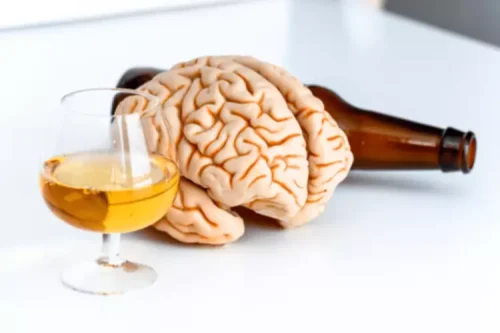
While it is possible to drink alcohol and remain in ketosis, it can slow down the process. This is because the liver metabolises alcohol before fat, which is the body’s primary energy source when in ketosis. Alcohol can be consumed while on the keto diet, but it will impact the process.
How To Make Dry January Stick

All our evidence-based health guides are written or reviewed by medical doctors who are experts on the topic. To stay unbiased we show no ads, sell no physical products, and take no money from the industry. Intravenous benzodiazepines can be administered based on the risk of seizures from impending alcohol withdrawal. Antiemetics such as ondansetron or metoclopramide may also be given to control nausea and vomiting.
- In addition to its physical health effects, alcohol can also impact mental health and social behaviour.
- “I realized the way I ate and the way I consumed alcohol were very similar.
- How many drinks it takes to kick you out of ketosis depends on the type and quantity of alcohol consumed, your metabolism, and your detoxification capacities.
- The calorie content of alcoholic drinks varies depending on the type of alcohol, the amount of residual sugar from fermentation, and whether the drink contains added sugar or flavourings.
- As with any alcoholic beverage, moderation is important, considering both caloric content and potential health implications.
How many carbs are in beer?
Always check the label and opt for plain vodka or those specifically labeled as sugar-free or low-carb to stay true to your keto goals. Be careful how alcohol triggers your own cravings for overconsumption. Alternate water between any alcoholic drinks, and consider adding some salt and taking magnesium and potassium supplements.24 Read our electrolyte supplementation guide for further details.
Alcoholic ketoacidosis

While a caloric deficit is essential to weight loss, you may be concerned about how alcohol affects the state of ketosis. Also note that many people get more sensitive to alcohol on a ketogenic diet. Be careful and never drink and drive, this is especially true on keto. So, while it’s possible to enjoy an occasional drink on keto, it’s important to be mindful of the type of alcohol, your consumption, and how it fits into your overall diet and health goals. Alcohol slows down the process of converting fatty acids to ketones, as the liver prioritises processing alcohol over burning fat. The keto diet alcohol ketosis can lower your alcohol tolerance, meaning you may become intoxicated more quickly and severely than before.

Drinking beer regularly and in large amounts is a recipe for disaster if you’re hoping to keep your weight down or lose weight. Champagne is another great choice coming in at 100 calories and 2g carbs per 5oz serving. Meanwhile, regular beer is produced from starch and can contain upward of 12 g of carbs in just 1 can. You can drink them straight or combine them with low carb mixers for more flavor. Our state-specific resource guides offer a comprehensive overview of drug and alcohol addiction treatment options available in your area. Don’t eat when you’re not hungry, and this should not really be an issue on a low-carb diet, as fat is very satiating.
- Drinking beer regularly and in large amounts is a recipe for disaster if you’re hoping to keep your weight down or lose weight.
- This means that the lipids which you’ve worked so hard to get rid of by staying in ketosis are now taking their place on the back-burner.
- This means that although you may not be kicked out of ketosis, your weight loss efforts could be slowed down.

The other main reason that alcohol is considered unhealthy for dieters is because it’s just plain unhealthy. Alcohol is not a nutrient – in fact, it’s about the opposite of a nutrient. Alcohol Alcohol Use Disorder can sap your body of the nutrients that it does have, and it can interfere with the digestion and absorption of other nutrients.


